City Language of the Other
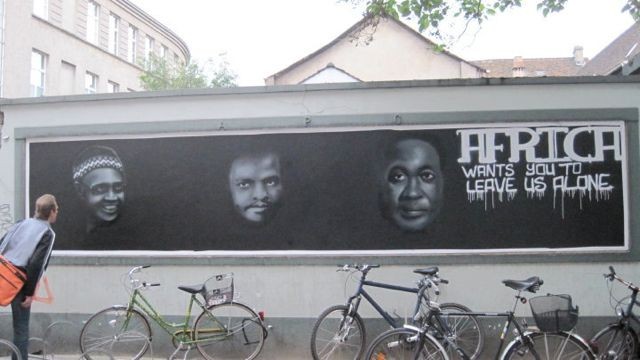
From the perspective of artists who chronicle stories of Johannesburg through graffiti, sound art or even performance, the urban landscape is riddled with ambition and ethereal effervescence that do not make it into the journals of people who set the infrastructural planning agenda. Johannesburg’s language of development can be seen as a thing of incomprehensible …
From the perspective of artists who chronicle stories of Johannesburg through graffiti, sound art or even performance, the urban landscape is riddled with ambition and ethereal effervescence that do not make it into the journals of people who set the infrastructural planning agenda. Johannesburg’s language of development can be seen as a thing of incomprehensible jargon that neglects on-the-ground subjectivities that make the city tick. This is largely because of careerist pursuits of members of the academic world, whose championship of white papers of how the city ideally works, coupled with exoticism of it, has become the definitive vocabulary.
Inverse to this prevalence is a rising wave of voices that have chosen to be apolitical towards mainstream codes. From this pool, two artists, Malose Malahlela and Breeze Yoko, have laid bare the essence of the city they live in through subjective expression.
Yoko contextualizes graffiti as an art form that gives life to dead walls. He sees this as a medium that it is easy to create messages out of, even though “in a city like Joburg graffiti bombers prefer to be more stylistic about it rather than overtly relaying struggles of the day.” In an age where the visual arts fraternity has tagged the practice “street art,” Yoko insists that graffiti has unwritten rules which comprise tagging and bombing whereby one should claim territory in a way that the bourgeois mentality of street artists wouldn’t. The bravado in him rates painting walls as a “way of gaining respect within the tribe for the odd throw up on a Metrorail coach where you run the risk of being shot by armed security rather than pasting stickers of flowers at a nearby traffic light.”
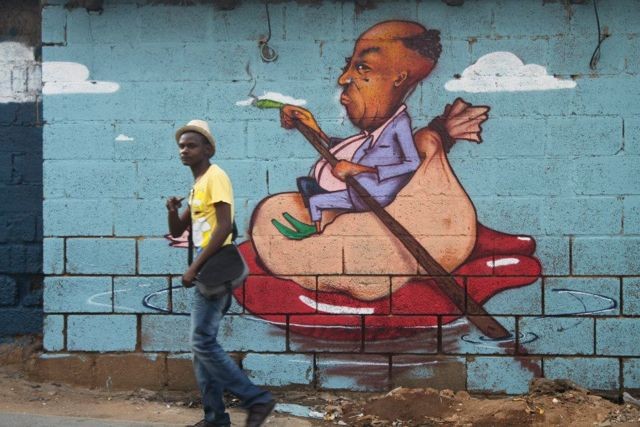
<figcaption>© Breeze Yoko</figcaption></figure>
Breeze Yoko has seen the graffiti tide evolve over the years in both Johannesburg and Cape Town, where he was taken aback at how white the scene is: “Graffiti is still a white thing out here, this you see in the aesthetic of painting skulls and bones.” This is a visual representation he plans to change as a participant in theInvisible Borders Road Trip Project, where he plans “to paint world black.” His campaign will challenge the status quo by “putting up black characters and in that way representing the self.”
Toe to toe with the visual is the mystique of sound coming from a metropolis. Even more alluring is how it can be amassed into an experimental curation that filters and mashes up layers of the murmurs, sirens, and competition of a city. Next to Yoko’s derring-do throw-ups is Malose Malahlela’s sonic interpretation of the breathing of Johannesburg. On his expedition via Sound Development [http://kadromatt.tumblr.com/], he collected audio material based on his immediate familiarity with Johannesburg and extrapolated the experience to Marseille, Lisbon, and Cape Town. His filed recordings “examined thoughts and imaginations experienced when in perpetual transit.”
With his experiment still ongoing, he recently explored the idea of a sound and video installation based on his audio archive in a dark room at VANSA “to create a sense of vulnerability to the human senses and the sound became the light in the dark, an element you are drawn to when nothing exists.” He expands, “This also incorporated live instruments though electric guitar and trumpet played by band members of the group Impande Core and the cutting of Dj Zakes.” His emphasis is on real-time happenings, the city slicker says. “When I do field recordings, I don’t want to feel like I have to search for sounds, but rather rely on the poetry of a moment.” He has the fortune of working on a daily basis adjacent to one of the biggest taxi ranks in the land, where “the neighborhood is very sonic and the conversations relentlessly mutate. That is a gift.”
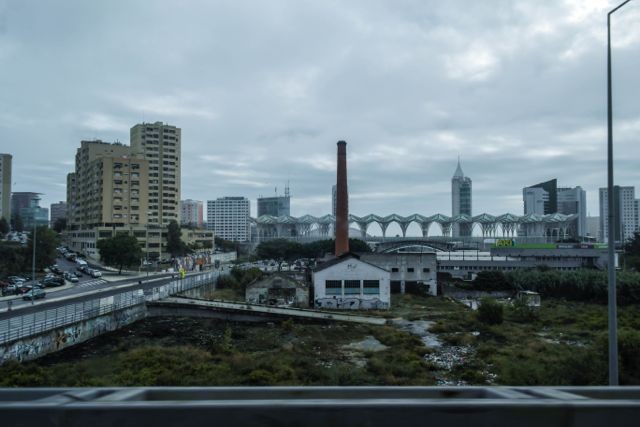
In Transit - In Expedition © Malose Malahlela
Language in and by itself is meant to help capture the resonance of a specific reality, and in the case of urban texts, the writing should ideally encompass the organic nature of a setting. Looking at Johannesburg, literally from an aerial view, there exists a plot of a vendor trying to dodge law enforcers, a sex worker on Nugget street with the most x-rated sales pitch, an inner city school girl holding the hands of others younger than her across traffic, clucking stilettos fresh from places of employment, gospel singers preaching repentance, and trolley pushers warring over who is going to make the pick-up around the corner. These occurrences are rarely contextualized in academic urban development language. Perhaps it’s time they should be.
Breeze Yoko is a Johannesburg-based multimedia artist specializing in video/film and graffiti. Yoko first made his mark on the underground scene in his hometown of Cape Town in the late nineties as a member of the hip-hop collective Groundworks. He has participated in the Berlinale Talent Campus and in urban art projects in South Africa, Botswana, Mozambique, Senegal, Germany, France, and more. His films have won awards at the Tricontinental Film Festival, South Africa; Sienna Film Festival, Italy; and Dak’Art, Senegal. Breeze’s whimsical yet powerful murals unfurl a kind of humanity and beauty that re-imagine their environments. His work is informed by global street culture and the universal language of hip-hop. It is concerned with pan-Africanism, and the reclaiming and forging of old and new “schemes, forms, and strategies” (as Biko put it) in the realms of culture and politics.
A sound artist and director at Keleketla, which is a multi-disciplinary cultural organization. As a sound artist, Malahlela was part ofSound Development City 2013. It started in Lisbon and ended in Marseille. Malose’s project was entitled Third Space: an audio walk which brought the sounds of Johannesburg to Europe. Participants listened to recordings made by Malose back home while they walked through their cities. During the audio walk, Johannesburg becomes the imaginative city that exists as a third playground.
Kagiso Mnisi is a writer and cultural producer from Johannesburg, South Africa. He is also co-founder of Unity Creative Development Foundation which delivers media and digital literacy in the peri-urban areas of Johannesburg.
Feature
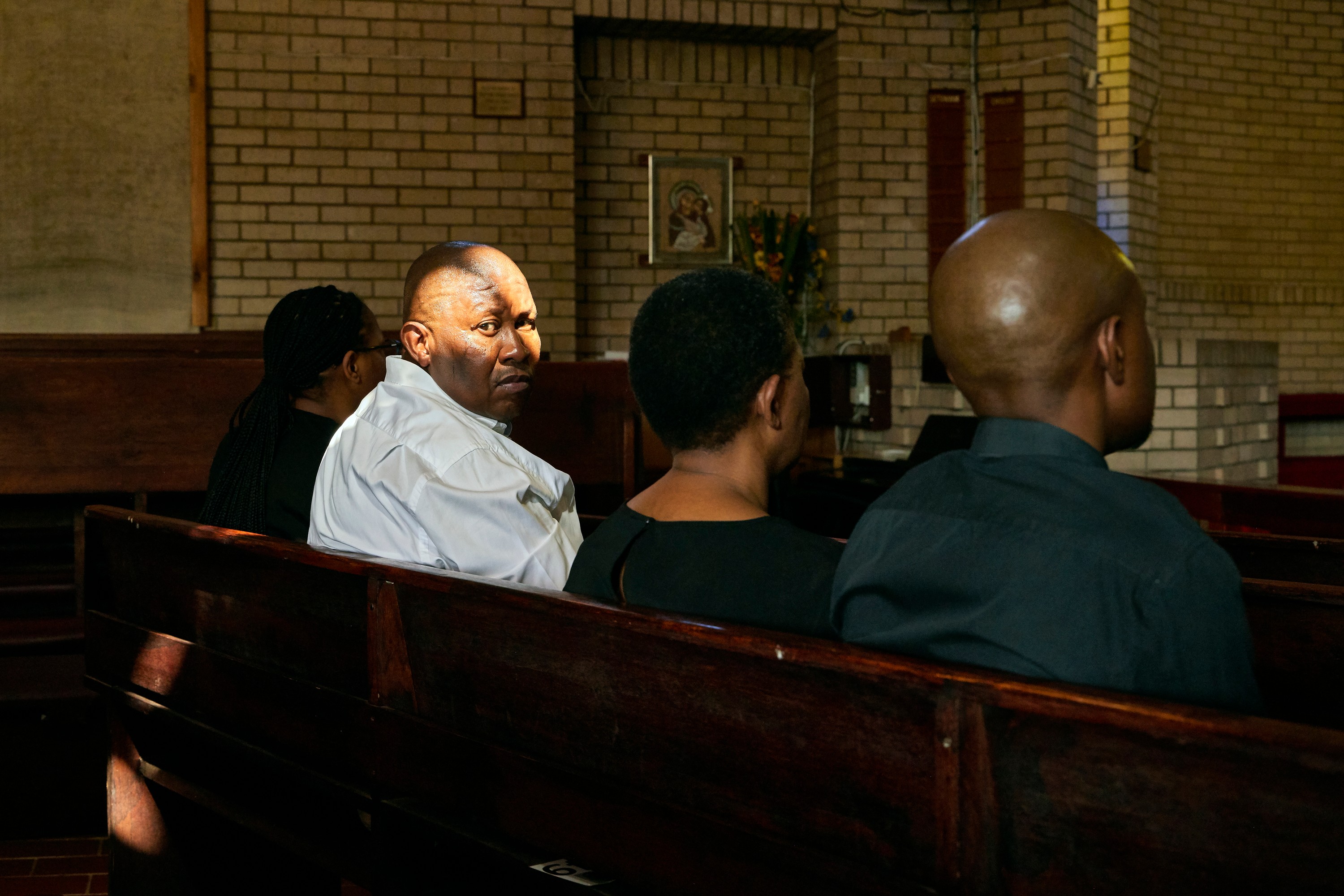
We're Still Here: Thero Makepe’s Visual Jazz
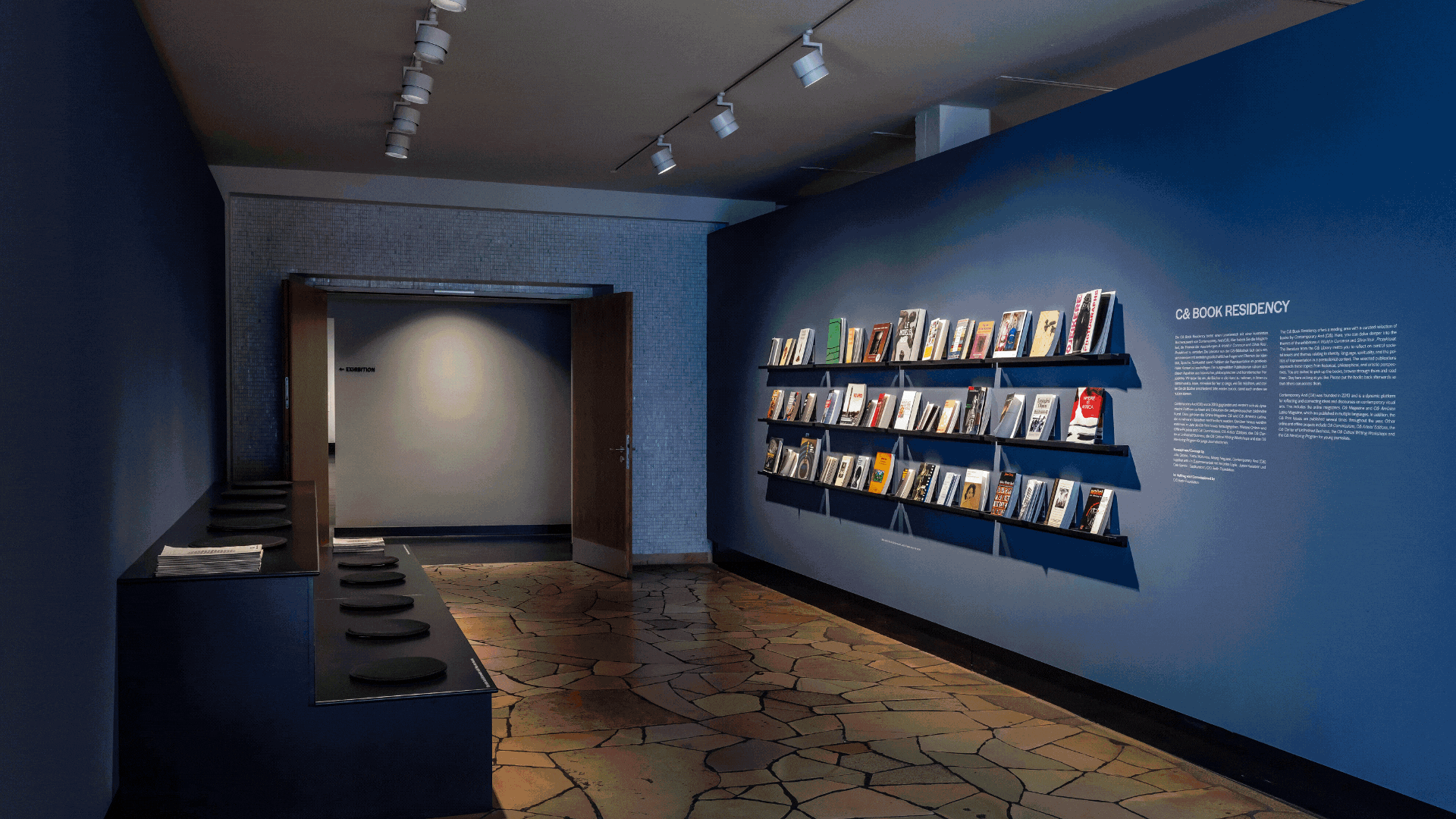
C& Highlights of 2025
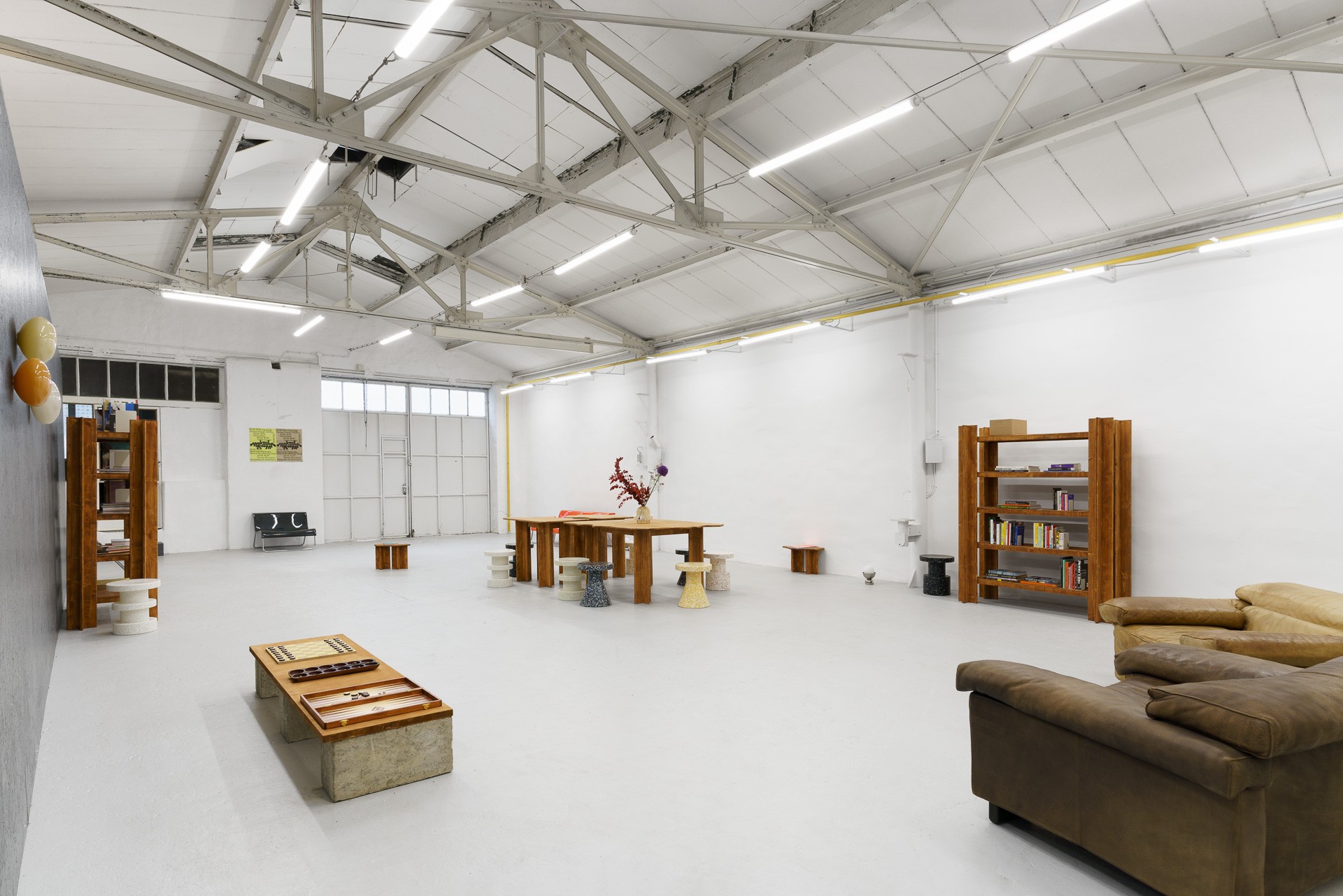
Maktaba Room: Annotations on Art, Design, and Diasporic Knowledge
Feature

We're Still Here: Thero Makepe’s Visual Jazz

C& Highlights of 2025
